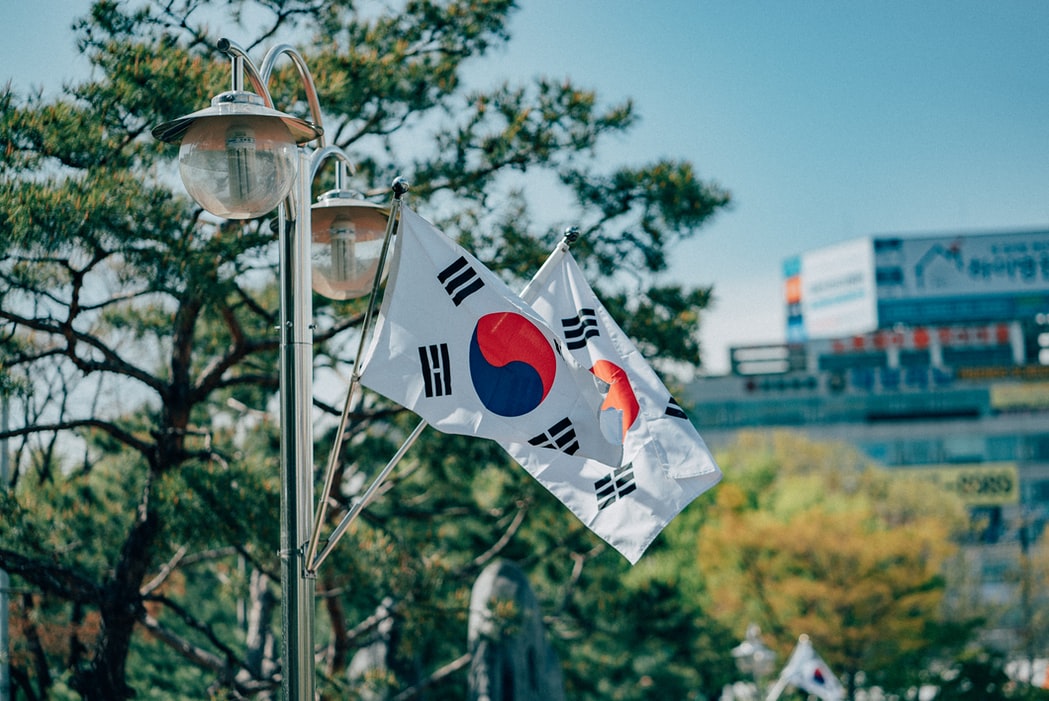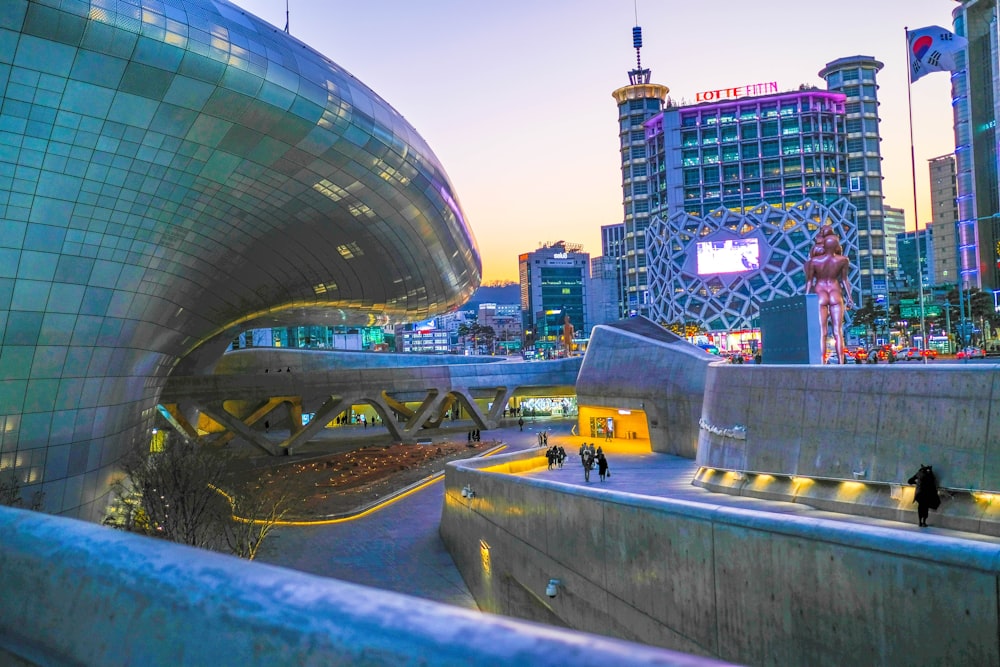
Citizens of several countries will need to apply for a visa to visit it, albeit a large number of them are exempt from visa requirements for short-term visits. Unless you are from one of the visa-free nations, which include the EU, Canada, Australia, and the United States, you will require a visa to enter South Korea.
Foreign visitors who plan to stay in South Korea for more than 90 days must register with local immigration authorities within the first three months of their stay. Visas are considered recommendations from consuls in South Korea to allow a foreigner to enter the nation. This implies that even if you have a valid Korean visa, a customs officer may deny you entry. After approval, South Korean visas are credible for three months. The applicant must claim the visa within that time frame or it will expire. While the visa is being processed, you are not allowed to enter Korea. Your application for a visa will be withdrawn if you do so.
Cost
The cost of a visa in South Korea is generally the same regardless of the type of visa you are seeking for. The typical cost of a South Korean visa is between 70 and 90 dollars. Depending on whether you desire a single or multiple entrance visa, the price will vary. Keep in mind that the visa fee must be paid in USD instead of the country’s normal KRW currency.
South Korean visa types
South Korean visas are classified according to their duration and number of entry into the country:
- Single-entry visas cost $40 and are credible for one entry and up to 90 days. It costs $60 if you plan to stay for more than 90 days
- A double-entry visa costs $70
- Many-entry, which allows you to enter South Korea multiple times for the duration of the visa, costs $90.
You can then apply for one of the following visas, depending on your reason for visiting South Korea: Tourist visas, business visas, family visit visas (for more than 90 days), work visas, student visas, and working holiday visas.
Visas for Work and Employment
What type of work permit and employment visa you receive in South Korea is determined by your occupation. The following are your choices for a long-term employment visa (enabling you to stay for longer than 90 days): Professor E-1, foreign language instructor E-2, research E-3, technological advice E-4, specific profession E-5, culture and art E-6, particularly developed activities E-7, long-term new coverage E-8.
Visa for Business
If you want to continue your business ventures started abroad or become an investor in a Korean firm, you should check into the requirements for the following visas: intra-company transfer (D-7); corporate investment (D-8); trade management (D-9).
Alien Registration Card (ARC)
The majority of visitors staying in South Korea for more than six months must obtain an Alien Registration Card (ARC). In Korea, ex-pats use ARC as a personal identification card. You will receive a Resident Registration Number with this card, which is required when opening a bank account or registering at a local medical practice. You’ll have to pay a 30,000 KRW (25 USD) issuance fee.
Permanent Resident Visa Requirements in South Korea
The permanent resident visa for South Korea is the F-5 kind. The requirements to qualify are;
- Investing almost 600 million KRW (500,000 USD) or more in a Korean business and hiring five or more residents.
- Getting an education in South Korea. A bachelor’s degree in science or engineering, or any master’s degree, will suffice. You must also have lived in the country for three years and have a sufficient annual income, greater than the countries per capita gross national income.
- Obtaining a doctorate and working in the field of high technology in South Korea.
- Operating a business in Korea for at least three years while on a D-8-4 start-up visa, earning at least 300 million KRW (256,100 USD), and hiring at least two Korean employees for at least six months.
- Having your extraordinary potential in Science, Education, Culture and Arts, Sports, or Management recognized by the Ministry of Justice.
- Marrying a Korean or an F-5 visa holder.
- Hold an F-2 visa for at least five years while earning enough money to support yourself and your family and understand Korean culture and traditions.
- Holding an F-4 Overseas Korean Visa for at least two years, as well as paying enough income or property taxes.

